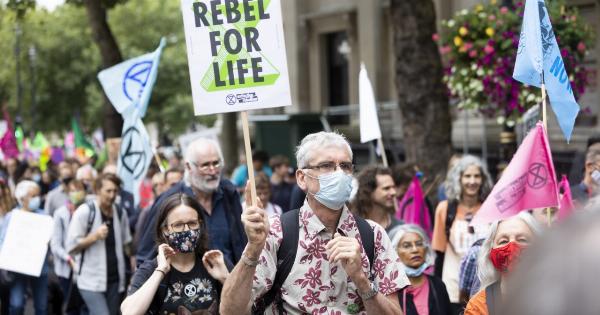Drinking alcohol while taking antibiotics is a common concern for many individuals.
Understanding the potential consequences and interactions between alcohol and antibiotics is crucial for ensuring the effective treatment of infections and overall health.
What are antibiotics?
Antibiotics are powerful medications used to fight bacterial infections. They work by either killing the bacteria or preventing them from reproducing and spreading further.
There are various types of antibiotics available, each targeting specific types of bacteria or infections.
How do antibiotics work?
Antibiotics interfere with the essential processes of bacteria, such as cell wall formation or protein synthesis. By targeting these bacterial processes, antibiotics can effectively eliminate the infection and promote healing.
Metabolism of alcohol
When alcohol is consumed, it undergoes a specific metabolic process in the body. The liver is primarily responsible for breaking down alcohol through enzymes known as alcohol dehydrogenase (ADH) and aldehyde dehydrogenase (ALDH).
ADH converts alcohol into acetaldehyde, a toxic substance, while ALDH further breaks down acetaldehyde into harmless acetate.
Effects of alcohol on antibiotics
Drinking alcohol while taking antibiotics can have several implications:.
1. Reduced effectiveness of antibiotics
Alcohol can interfere with the absorption and metabolism of antibiotics in the body, which may result in reduced effectiveness.
This interference can occur due to the competition for metabolic resources between alcohol and the antibiotic, leading to changes in drug levels in the bloodstream.
2. Increased risk of side effects
Both alcohol and antibiotics can have side effects on their own, such as dizziness, nausea, and stomach upset. When combined, these side effects may intensify, causing severe discomfort and potential harm to the individual.
3. Worsening of antibiotic-resistant bacteria
Intake of alcohol while on antibiotics could potentially promote the growth of antibiotic-resistant bacteria.
This occurs due to the altered effectiveness of antibiotics caused by alcohol interference, allowing bacteria to survive and develop resistance to treatment.
Common concerns and misconceptions
There are several misconceptions and concerns about drinking alcohol while taking antibiotics:.
1. Alcohol does not cure infections
Some individuals believe that alcohol can act as an alternative or supplementary treatment for infections. However, alcohol does not possess any antibacterial properties and cannot replace antibiotics in treating infections.
2. “One drink won’t hurt” mindset
Many people underestimate the potential risks and still consume alcohol in moderation while on antibiotics. However, even small amounts of alcohol can interfere with the efficacy of antibiotics and increase the likelihood of side effects.
3. Avoiding alcohol during the entire course of antibiotics
It is generally recommended to avoid alcohol for the duration of the antibiotic treatment. Some antibiotics may have longer half-lives, meaning they remain active in the body for an extended period.
Therefore, consuming alcohol during this time can continue to interfere with the antibiotic’s effectiveness.
Exceptions and considerations
While it is generally advised to abstain from alcohol while taking antibiotics, there may be exceptions depending on the specific antibiotic and the individual’s overall health.
It is vital to follow the guidance of the prescribing healthcare professional and read the medication instructions carefully.
Consult your healthcare professional
If you are unsure about whether it is safe to consume alcohol while on antibiotics, it is best to consult your healthcare professional. They can provide personalized advice based on your specific needs and medical history.
Conclusion
Drinking alcohol while taking antibiotics can have significant consequences on the effectiveness of treatment and overall health.
It is essential to recognize the potential risks, avoid misconceptions, and prioritize your well-being by following the guidance of healthcare professionals.





























